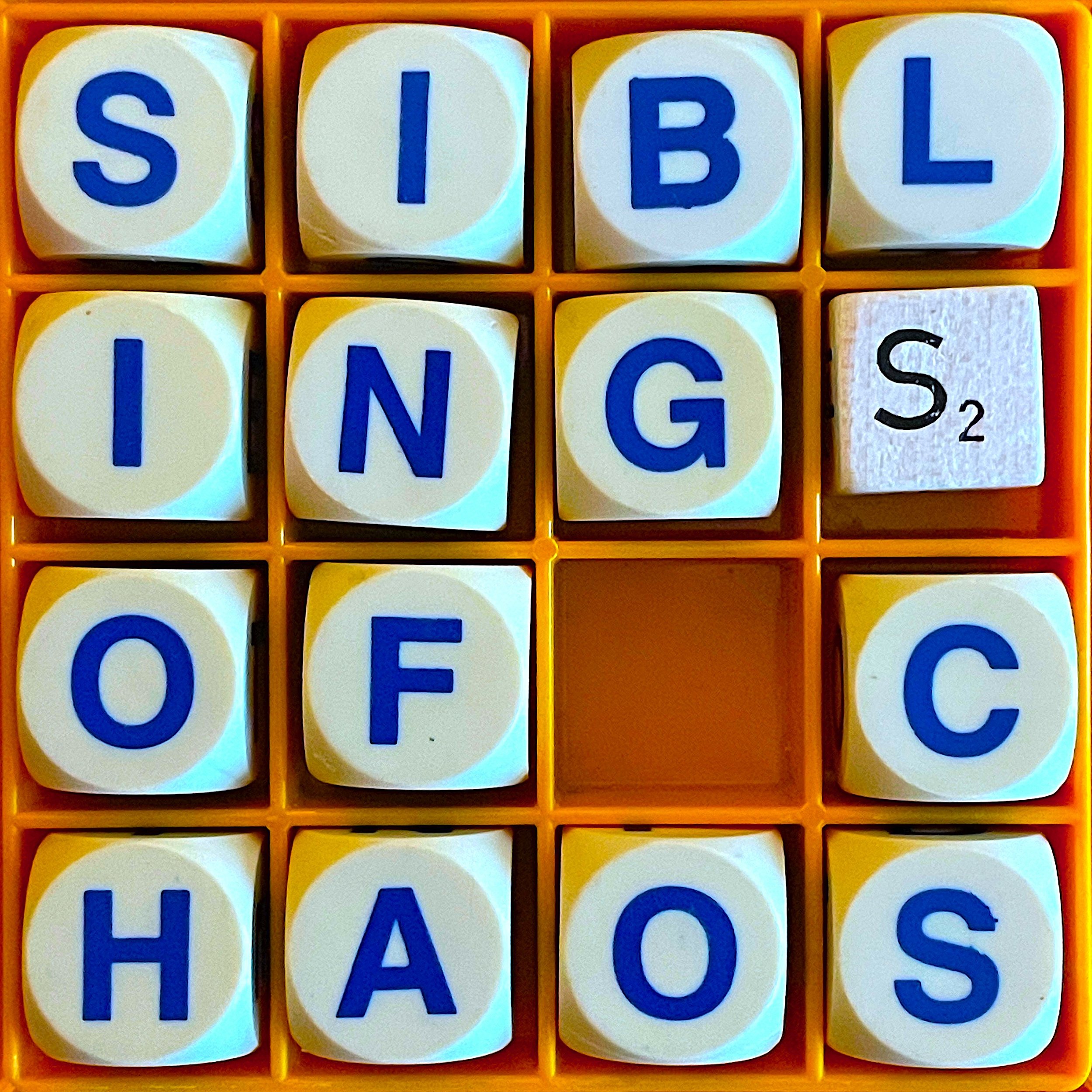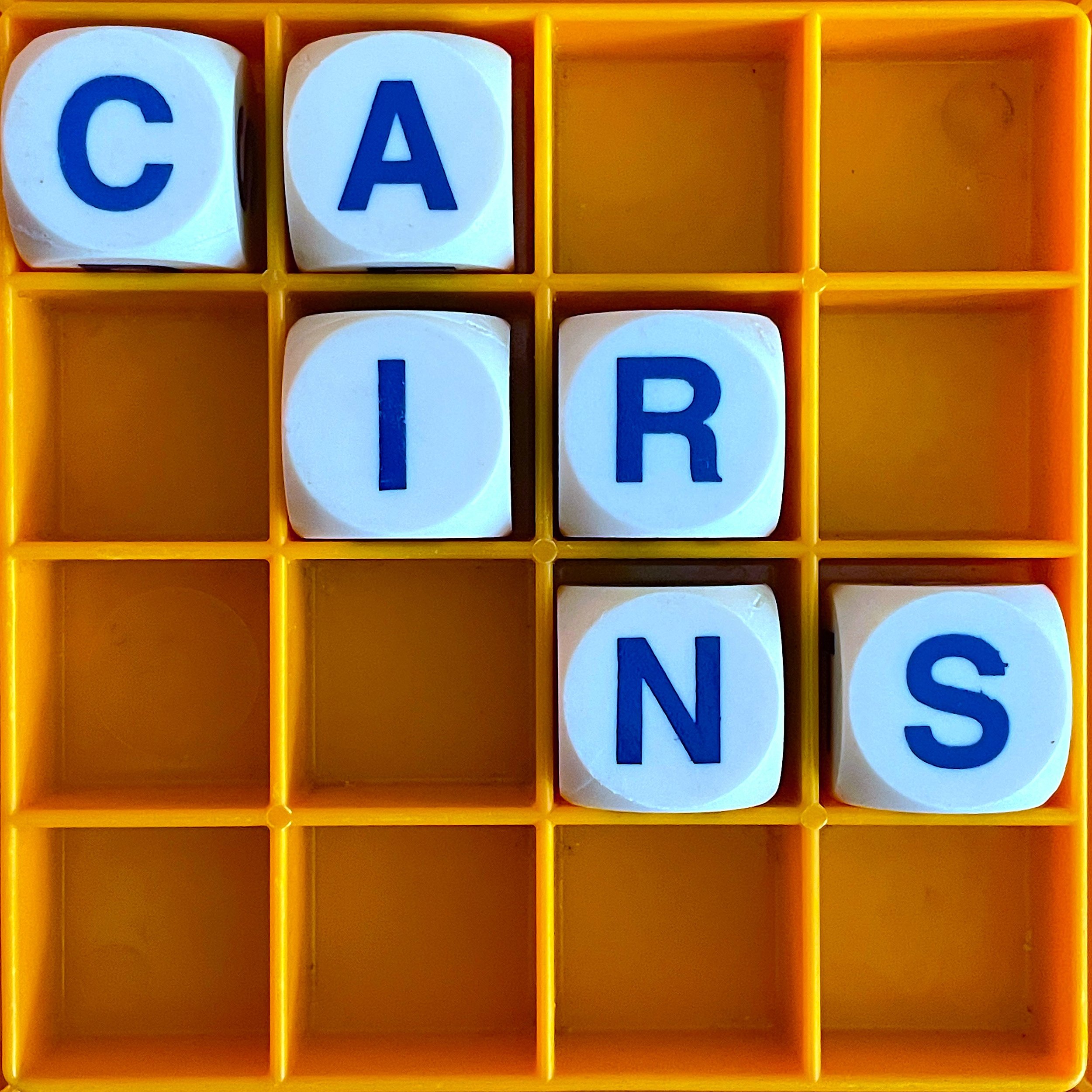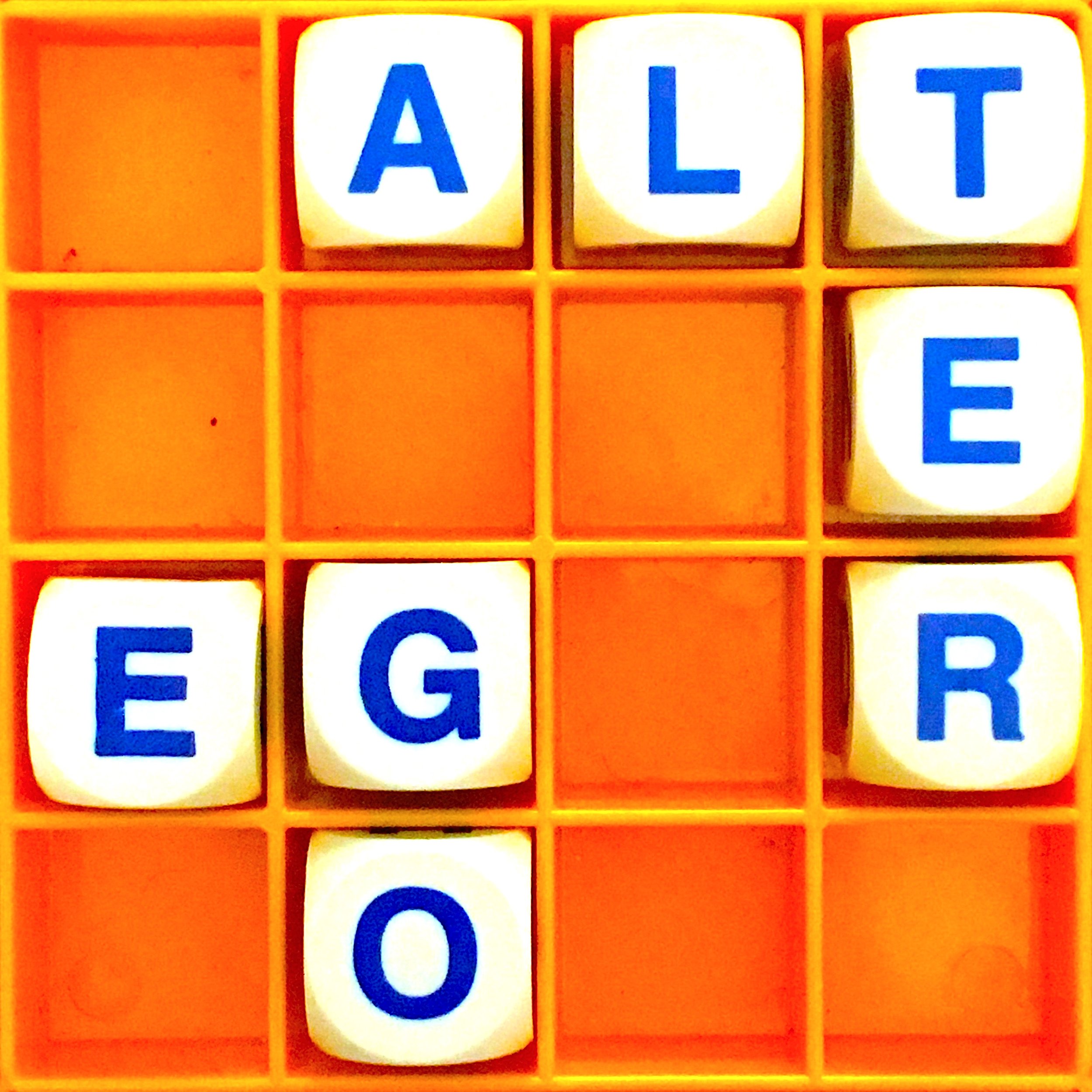If you’re thinking, “How the fuck can you write a whole 500-page dictionary just about the word ‘fuck’?” consider, say, the many meanings of ‘ass fuck’, noun and verb - and that’s before you even add similar terms like ‘bumfuck’ and ‘buttfuck’. And there are so many less usual terms, like ‘fucksome’ or ‘fuckstrated’ or ‘fuckist’ or ‘fucktious’.
Read moreAllusionist 207. Randomly Selected Words from the Dictionary
Today’s episode is in the Tranquillusionist style, to give your brain a break while I say words that are not too consequential over a soothing backing track. And this time, the words are all the randomly selected words from the dictionary from every episode of the show, in reverse chronological order.
Read moreAllusionist 198. Queer Arab Glossary
HZ: So how do you go about building a glossary when you have to do that yourself from scratch?
MARWAN KAABOUR: Yes, it's a good question. Like, why would a graphic designer with a steady job decide to open this can of worms?
Allusionist 197. Word Play part 7: Word Sport
Unleash the bees!
Read moreAllusionist 196. Word Play part 6: Beeing
DEV SHAH: Spelling is about roots, language. I genuinely loved getting a word I didn't know and having all this information - it was like a detective case: you have the language of origin, the definition, alternate pronunciations, roots; it's like witnesses and having details to a crime scene, forensics. And, you know, it was just me piecing out together, doing what I love, in front of millions of people, shining on a stage, cameras, and still getting a lot from it.
HZ: And you got to do all that detective work in ninety seconds.
DEV SHAH: Exactly.
Allusionist 187 Bonus 2023 transcript
It is the annual Bonus episode - because the people who appear on this show always say so much good stuff, it doesn’t all fit into their original episodes, so at the end of each year we get to enjoy all the extra bounty. Coming up, we’ve got a mythical disappearing island, geese, human dictionaries, the dubious history of the Body Mass Index, a Eurovision thing that has puzzled me for years, Victorian death department stores, and much more.
Read moreAllusionist 182 Siblings of Chaos transcript
HZ: I thought the etymology of 'gas' was a big surprise as well.
SUSIE DENT: Oh, yes. It is a sibling of chaos.
HZ: In a sense, we're all siblings of chaos.
Allusionist 181 Cairns transcript
LINDSAY ROSE RUSSELL: I don't think James Murray felt like he was alone in making the Oxford English Dictionary. I think he was keenly aware of himself as a part of a very large and many tentacled team. In a lecture he gave in 1900, he talked about every lexicographer as adding their stone to the cairn. You know, cairns like the little things when you go hiking that are piles of stones that tell you you're still on the right path. So I think Murray understood his own work as contributing to a larger lexicographical project where he was not a lone dictionary maker in the effort of dictionary making more grandly. But, I don't know; in history, I think it's easier to tell the story of a singular man. Because of course it's easier to tell the story of a singular man, as opposed to the story of thousands of people working on a single dictionary and doing all different kinds of things.
Read moreAllusionist 180 Project ENABLE transcript
STERLING MARTIN: Growing up, I've always had an interest in science and that's something my family helped nurture. Also just growing up, there weren't many Navajo words in science. Then I went to undergrad at the University of Iowa and my parents were like, "Oh, what are you doing?" And I worked in a research lab, so I could get some bench experience, and just trying to explain to them what I was doing scientifically, I could tell they weren't really catching on to what it meant.
Read moreAllusionist 116: My Dad Excavated a Porno transcript
HZ: The Victorians really did a number on people. I feel like we're still unpicking Victorian attitudes.
KATE LISTER: Yes, we are. I mean, we're still very much the children of the Victorians, and they're a fascinating bunch, the Victorians. No generation, at no point in history, has sex been successfully repressed, ever. It just doesn't happen. But what you have is really strict social morality, conditioning and mores and constructs and power dynamics around sex that dictate what we are and what we're not supposed to be doing. And outward facing, they were so repressed and polite society and so offended by everything even remotely to do with sex, to the point of where they wouldn't say the word 'trousers' because they thought they were too rude. They were 'sit down upons'.
Read moreAllusionist 100. The Hundredth - transcript
Today there’ll be a celebratory parade of language-related facts that you’ve learned from the Allusionist and I’ve learned from making the Allusionist, so some old facts, some new facts - well, the new facts aren’t recently invented facts, they are established facts, just making their Allusionist debut.
Read moreAllusionist 99. Polari - transcript
HZ: In 1982, Princess Anne, the second child of the Queen of England, Olympic Equestrian, is competing at the Badminton Horse Trials.
PAUL BAKER: She's jumping over all these obstacles and oops, she slips and falls in the water off an obstacle. And all of the photographers rush forward to take a photograph, and she tells them to "naff off". Or "naff orf".
HZ: She's not allowed to drop an F-bomb really, she's a royal.
PAUL BAKER: No, but 'naff' was a Polari word.
HZ: Polari. Just a couple of decades before, it would have been unthinkable that someone like Princess Anne would have used a Polari word, or that she would even have known one.
Read moreAllusionist 98. Alter Ego - transcript
Today: three pieces about alter egos, when your name - the words by which the world knows you - is replaced by another for particular purposes.
How did John Doe come to be the name for a man, alive or dead, identity unknown or concealed in a legal matter? Strap in for a whirlwind ride into some frankly batshit centuries-old English law.
At their first bout of the 2019 season, the London Roller Girls talk about how they chose their roller derby names - or why they chose to get rid of one.
The 1930s and 40s were a golden age for detective fiction, which was also very popular and lucrative. Yet writing it was disreputable enough for authors to hide behind pseudonyms.
Allusionist 97. The Future is Now? - transcript
ROSE EVELETH: I couldn't say this to most people, but you probably understand getting obsessed with a phrase, where you're like, "What is this thing that we say that is weird?" And the one that I've been obsessed with for a while is "The future is now".
HZ: This is Rose Eveleth. She makes the podcast Flash Forward, about how certain scenarios might play out in the future. Which may or may not be now.
ROSE EVELETH: I tend to use it most ironically, where like you see something dumb with technology and you're like "Oh, the future is now!" "Oh, an Internet-connected toaster - the future is now!"
HZ: “Social network for dogs!”
ROSE EVELETH: Exactly. Right. And other people I think use it much more straightforwardly, and much more non-ironically, which is like, "Oh, things are happening so quickly. The future is upon us. Things are changing really rapidly. The future is always happening right in front of us. Technology is amazing." There are two ways to say "the future is now": you can say it optimistically, you could be like, "the future is now! Isn't that cool?" Or you could be like, "the future is now, and we're totally screwed.”
I have a tweetdeck column that is just for that phrase "the future is now", just to watch what people are saying. "School buses with Wi-Fi. The future is now". The U.S. Forest Service,
Allusionist 96. Trust - transcript
RACHEL BOTSMAN: I always know when a word is having its moment in the sun when big conferences, it becomes the theme at the conference, or I get slightly nervous when you start to see it as the tag line in really big commercial brands because it's a word that's starting to become co-opted and commercialised, because people go, "Oh, it's resonating with a lot of people.” It's not a brand. Trust isn't a brand that you should use. It's a social glue that when it breaks down, it has really huge consequences to our lives. When terms become so broad that they lose their meaning, they become completely diluted. And this is actually my fear around trust right now, is that it's become the word of the moment that is being used in so many different contexts that are we actually diluting something? One of the most important words we have in the human language, that is so fundamental to our relationships, that are we taking the meaning and importance out of it by its overuse?
Read more














